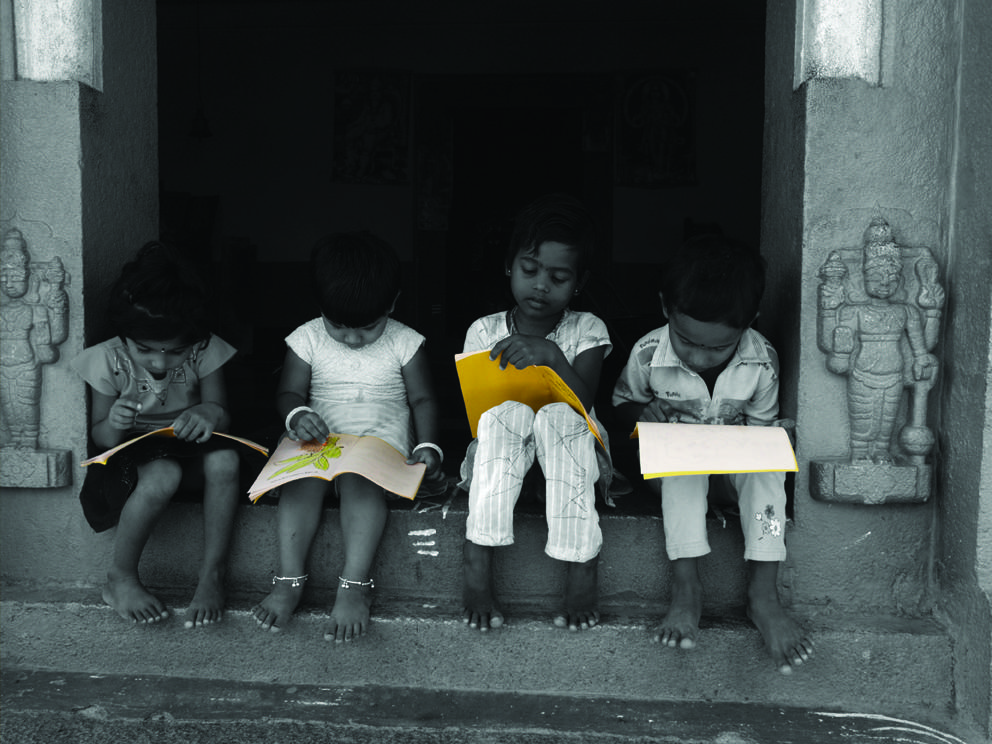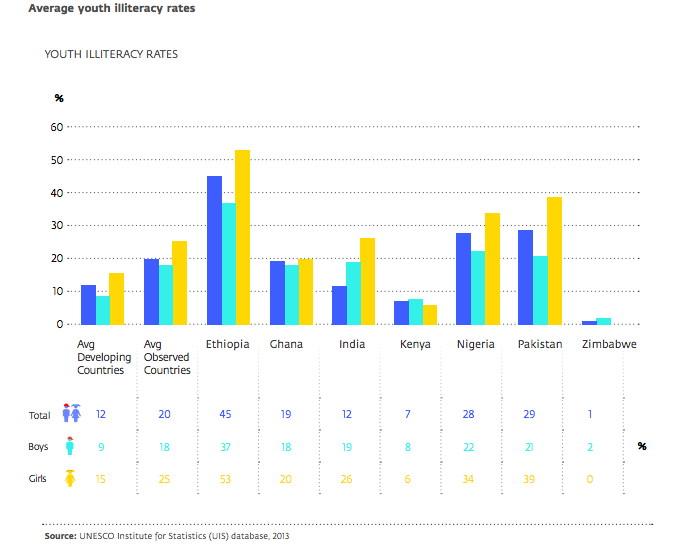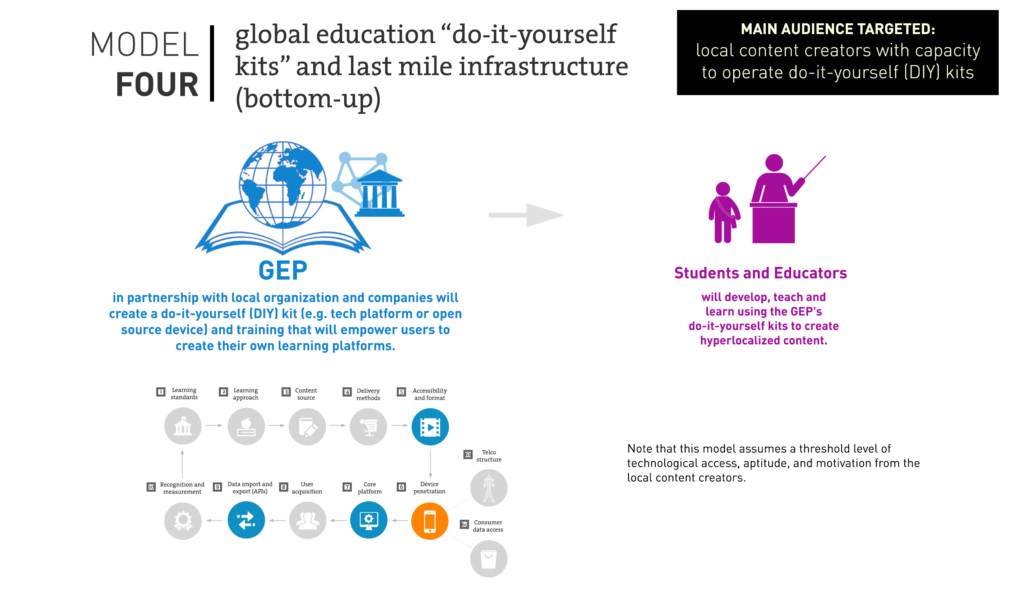The Global Education Platform Moves Forward

Photo Courtesy of Pratham Books.
This week, 10,000 of ed tech’s biggest actors are flocking to Philadelphia for the 2015 ISTE Conference and Expo. Over the course of 1,000 sessions, top innovators from companies like GBC-Education members, Microsoft and LEGO Education, will join on-the-ground thought-leaders to weigh in on learning tools and solutions to this generation’s most pressing education problems.
At the conference, Adam Braun, spearheading GBC-Education’s Global Education Platform (GEP) initiative, announced that by the end of this year, children in India will have the chance to participate in a national writing contest to create content to improve literacy.
Step out of your comfort zone. @AdamBraun #ISTE2015 #EdTekTalks pic.twitter.com/OGELF64VfP
— ISTE (@isteconnects) June 29, 2015
Far too many schools in developing countries don’t have access to modern lesson plans. Those that do often find their overly westernized material inaccessible — particularly when questions of geography or local customs dominate the lesson. Drawing on a reservoir of existing EdTech companies which have collectively written more than 100 million books, GBC-Education’s GEP innovators will create a platform that allows users, particularly marginalized youth, to access, discover and create stories that supplement traditional school curricula. According to a joint survey by UNESCO, Nokia, and Worldreader, the biggest reading barrier for mobile phone users is not connectivity issues — although that ranked highly — but rather, a lack of available content. The initial phase of the GEP will allow Indian users to discover and create their own relatable (and shareable) content with as little as a feature phone or a low-cost Android enabled smartphone.
Current data shows that access to a mobile phone is easier to come by than access to a working toilet. Even in countries with some of the lowest literacy rates where as much as 12 percent of children cannot read or write, a significant percent of the population still owns a mobile phone. Cellular technology can reach education “deserts,” even when books, teachers, and schools are either lacking or lagging. Right now, 58 million children across the world are out of school. GBC-Education’s goal is to leverage this technology to bridge the education divide starting with the basics: increasing literacy.

Almost one year ago, experts in education technology gathered to debate five potential models to pilot a tech-based learning mechanism laid out as part of GBC-Education’s GEP initiative. One of the models — the “do-it-yourself kit” — hinted at content creation. Though it’s a “soft” announcement (the campaign won’t officially launch until the end of the year), the writing contest will serve as a pilot for the larger GEP product that will be fully implemented over the next two years.
NGO’s, local governments, private sector companies that wish to partner to further the scope and acceleration of the Global Education Platform should contact Adam Braun, Director of the Global Education Platform at [email protected].

